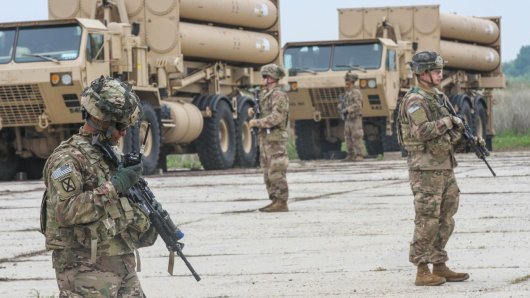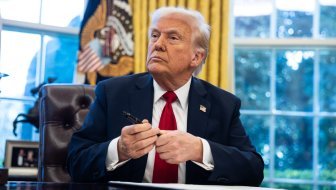European Enlargement Commissioner Stefan Fuele has voiced hope that Montenegro will meet the European Commission's requirements by June and begin accession negotiations, but once again warned Podgorica that further work in the fight against organised crime and corruption should focus on effective law application and results in investigations and sentences, notably in high profile cases, the media in Podgorica reported on Monday.
Montenegro is continuing to meet the requirements, notably regarding the rule of law and fundamental human rights, Fuele told Mina news agency. The authorities are working on reforms, enforcing laws and establishing results in the fight against organised crime and corruption, he said.
Asked if the Montenegrin authorities had been given a concrete requirement regarding the fight against organised crime and corruption, Fuele said the European Commission was in contact with the government in Podgorica and closely following its pre-accession efforts.
He said he recently met with Prime Minister Igor Luksic and that he was encouraged by his determination about reforms and his awareness of issues that needed particular attention, so as not to lose the momentum and miss the meeting in June which the Council was expected to decided on the start of Montenegro's EU entry talks.
Those issues include the struggle against corruption and organised crime, where the focus should be on the effective application of laws, the strengthening of institutional capacities, notably when it comes to the outcome of investigations, prosecutions and sentences at the high level, said Fuele.
The EU's new approach to negotiations on the judiciary, fundamental rights, justice, freedom and security will provide for greater focus on those issues through monitoring, clear conditions and pointing to challenges early in the negotiating process, he said.
Fuele said the European Commission would present a report on reform implementation this spring, which would serve as the basis for the decision on the launching of the entry talks in June.
Asked if recent protests by disgruntled citizens would impact the report, Fuele said citizens' protests and peaceful demonstrations were evidence of differences of opinion, which was an element of functional democracy.
They are even more important when they concern the rule of law, an area in which we all wish for further progress, he said. We will continue following concrete results which concern the improvement of the socioeconomic situation and the fight against corruption and organised crime, he added.
































